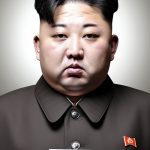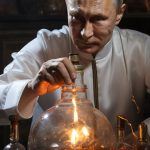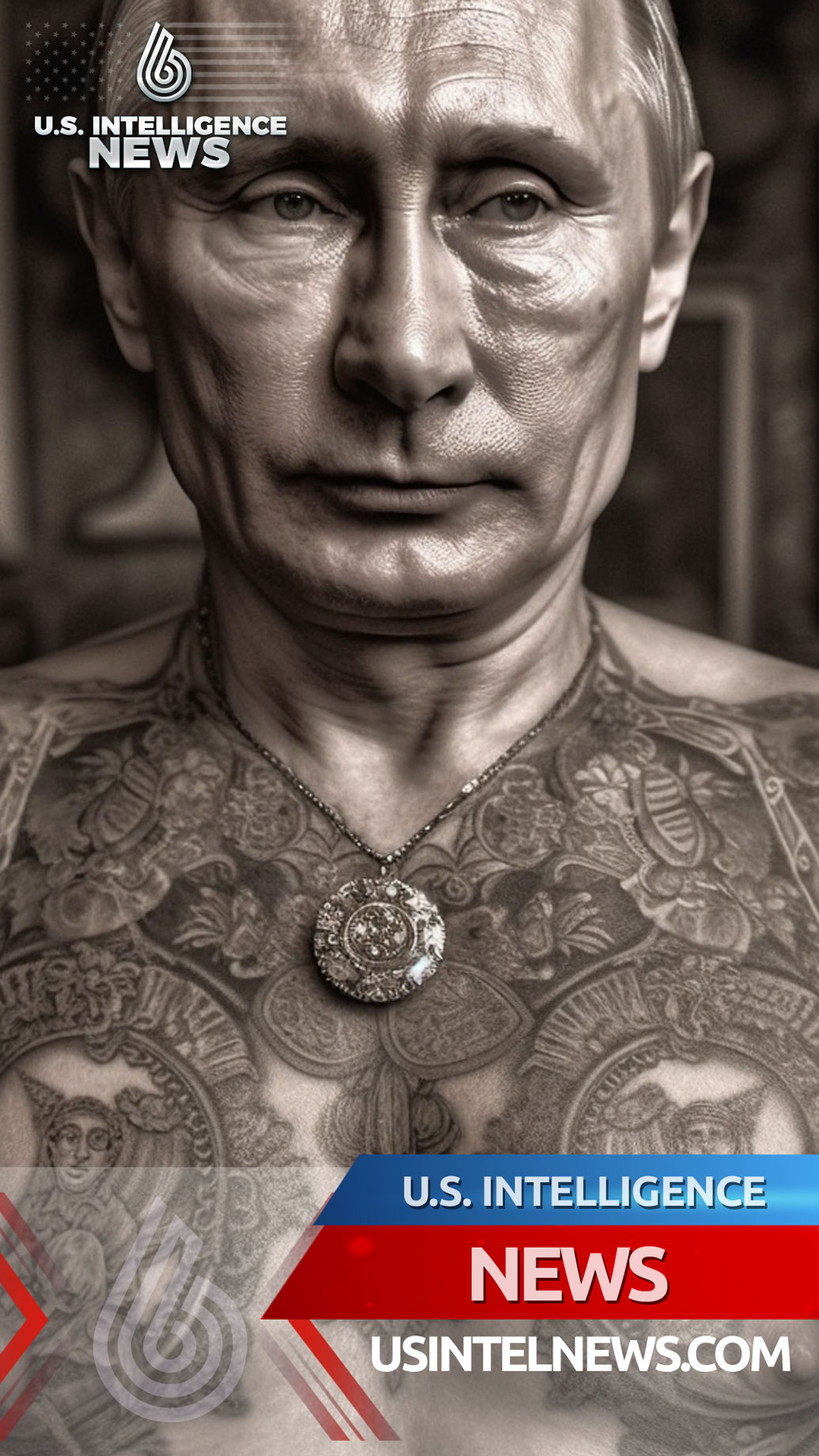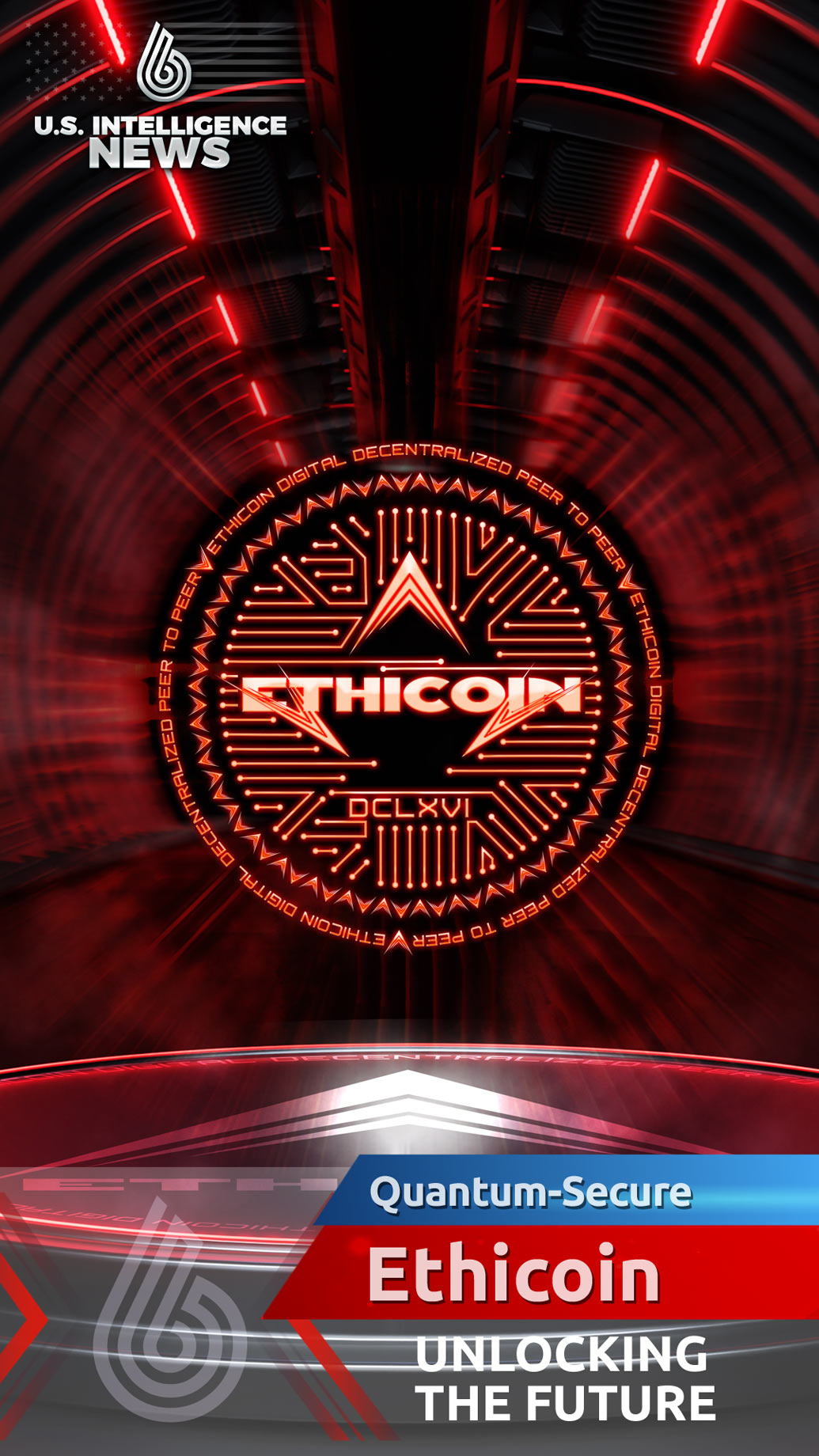
The U.S. Intelligence Community
3:44 P.M. EDT
MS. JEAN-PIERRE: Hey, guys. Sorry —
Q Hey!
MS. JEAN-PIERRE: — for the delay. How’s everybody doing?
Q How are you?
Q Good.
MS. JEAN-PIERRE: All right. As you all know, we’re on our way to New York City and tomorrow President Biden will attend the 79th meeting of the U.N. General Assembly.
When President Biden came to office nearly four years ago, he pledged to restore American leadership on the world stage.
The president’s engagements at UNGA this week will reflect his vision for the world, where countries come together to solve big problems. And it will be an opportunity for him to reaffirm how this approach has pro- — produced results for the American people and for the world.
Tomorrow morning, the president will deliver an address to the U.N. General Assembly outlining his vision for how the world should come together to resolve these big problems and defend fundamental principles, such as the U.N. Charter.
Throughout his engagements in New York, the president will rally global action to tackle the world’s most pressing challenges, including climate change; the opioid epidemic; mobilizing resources for developing countries; managing the risk and benefits of artificial intelligence; and helping end the brutal wars in Gaza, Ukraine, and Sudan; among many others — on the many other critical — critically important issues.
With that, Aamer?
Q So, what — what kind of, sort of, I guess, work on the Hezbollah aspect of ending the war in the Middle East has been going on in addressing the speech?
And then, I think, just also largely, 270 people, I think, at least, died today in Lebanon. Huge swaths of the south are being told to move. Is this an all-out war now?
MS. JEAN-PIERRE: So, look, as it relates to just the escalation that we’re seeing currently in the Middle East, look, we’re concerned. You heard that from the president yesterday when he talked to some of your colleagues when asked the question.
The risk of escalation is real. And so, we continue to believe a diplomatic resolution is both achievable and urgent. Our commitment to Israel’s security is ironclad and unwavering against all Iran-backed threats, including Hezbollah.
The conflict along the Blue Line between Israel and Hezbollah has gone on for long enough. It’s in — it’s in — it’s in everyone’s interest to resolve it quickly and diplomatically, and that’s where we’ve been. That’s what we continue to say. We need to see a diplomatic resolution. That’s what the president is going to continue to call for.
That’s why we’ve been working around the clock on the ceasefire deal, the — that hostage deal — yes, get hostages home; yes, get that increase of — of aid into Gaza; and to stop the war.
But we believe that by doing that, it would certainly help with the tensions in the region. And so, a diplomatic resolution — that’s what we’re going to continue to work towards.
Q The address itself, are we going to see a huge sort of focus on the Blue Line?
MS. JEAN-PIERRE: And so, look, I’m not going to get ahead of the president. I kind of laid out a little bit of broad strokes of what the president is going to focus on, but I’m going to let him obviously speak to this.
I talked about the importance of working together to end the wars that we’re seeing. Right? I talked about Gaza. I talked about Ukraine and also Sudan.
And so, obviously, the president will lay out his vision, his — his thinking, and I — it will be an important moment. So, as I like to say: Stay tuned.
Q What — what will he say about Ukraine in terms of, you know, the — the increasing support for Ukraine? You’ve got Zelenskyy coming, who’s going to present a peace plan. The president is going to meet with him Thursday.
MS. JEAN-PIERRE: Yeah.
Q What will he — how — what — talk about that piece.
MS. JEAN-PIERRE: So, as far as it relates to Thursday, the president certainly is looking forward to sitting down, having that bilat with President Zelenskyy when he comes to the White House. I expect the leaders will discuss the state of the war and the latest development on the battlefield and the United States’ strong support for Ukraine and its defense against Russia aggression — Russian aggression.
So, we have been particularly focused over the last two months on helping Ukraine strengthen their air defenses and protect its energy grid against Russian strikes. The president is also looking forward to hearing from President Zelenskyy about the strategic planning for the months ahead.
The president and the vice p- — and the vice president have been clear that their commitment to stand with Ukraine until it prevails in the war is unshakable. And so, I expect you’ll hear more of that on Thursday.
And so, I think that — that’ll certainly be the focus: our continued engagement, our continued support for Ukraine and their, kind of, thinking as well as it relates to the peace plan.
So, look, we’ve al- — we’ve been very clear when it comes to that particular issue. We support Ukraine’s pursuit of a just, lasting, and c- — comprehensive peace to this war. And the president is committed to providing the Ukrainian military with the equipment they need to strengthen their position.
And so, we — you know, on that particular subject, though, the — we have not been fully briefed on that, and so — on President Zelenskyy’s victory plan, to be specific. And so, I don’t want to get ahead of that.
So, our understanding is President Ze- — Zelenskyy intends to share further details about the plan with us soon. And so, we’re — we look forward to — to having those discussions.
Q And — and just one more thing. This is his last time to — to appear before this — the body as president. Is he going to have a lot of pull-asides with different world leaders? What — what are you expecting there?
MS. JEAN-PIERRE: So, look, you know, at these types of — of gatherings, summits, there tends to be some pull-asides. So, we’ll certainly read that out if tho- — if they do happen. You know, those kind of happen on the ground, spontaneously. So, you know, we’ll see what happens.
I would say NSC is going to be giving a — a backgrounder later — later this afternoon, I believe, around 5:30. So, they’ll certainly share more of what you all can expect the president’s — kind of what the president is going to be doing, what we’re going to be doing more broadly for UNGA this week. But —
Q Given the rising tensions — or what’s going on in the Middle East, specifically Lebanon, I believe Prime Minister Netanyahu will be giving remarks at the U.N. as well. Can we expect any sort of — maybe a phone call with President Biden, meeting, just given the — what’s going on in Lebanon?
MS. JEAN-PIERRE: So, what I can say is that, as you know, the president and the — the prime minister have a long-standing — decades — long-standing relationship. They are able to — because of that decades-long relationship, they’re able to have those really direct conversations. And so, I — and they have spoken, gosh, more than a dozen times easily — and I might be undercounting that — over the past — almost a year now since — certainly, after what we saw happen on October 7th last year.
I don’t have anything right now to share about any — any conversation, any calls. But certainly, our team — our team here at the White House are in regular conversations, regular discussions on a daily basis — regular basis with the Israeli government.
Q President Trump earlier, like right before we took off, said that China is not living up to the Phase One agreement. I was just wondering if the White House has any comment to —
MS. JEAN-PIERRE: I’m just not going to comment on —
Q Okay.
MS. JEAN-PIERRE: — on what he’s saying as a candidate.
Q On engagements, the Iranian delegation is in town. Are there going to be any conversations between them and American officials and on what?
And then, secondly, President Biden has supported U.N. Security Council enlargement to include two African countries but does not want to give them veto power. And they’re asking: How is that fair? Can I ask you to explain that?
MS. JEAN-PIERRE: Well, you just said what the president has supported. And so, I’ll just leave it there. I talked at the top about his — the continuing support for the U.N., obviously, Security Council. I — I’m not going to get ahead of that.
I will say, though, as I stated, NSC is going to have — is going to be holding a press call later this afternoon. They’ll certainly share more about your first part of your question. I just don’t have anything to share as to any other engagements right now at this time, but NSC will certainly share more.
Q And, Karine, more generally about this — UNGA. A
lot — you know, part of the legacy of the — the president, in terms of foreign relations, would be at risk if Donald Trump is elected president. And we hear concerns by foreign leaders about the election. So, is the president going to address these concerns? And what will he tell those foreign leaders who are worried about what happens in November?
MS. JEAN-PIERRE: So, I’m — it’s a — this is a campaign-related question, so I’m not going to certainly dive into that.
But I will say — and obviously, the — each country can speak to — for themselves. But as it relates to the president’s legacy, I mean, this is a president who has been able to accomplish — as we talk about, maybe, the last administration — right? — reaffirm American leadership at the U.N. and restore America’s standing on the world stage. That’s the — something he’s been able to do for almost four years.
And if you think about reinvigorating and strengthening NATO, that’s something that th- — this president did with his leadership. Forge historic partnerships in Indo-Pacific. Built a global coalition in support of Ukraine. Invested at home to outcompete China. And he looks forward to building on that progress this week.
And so, I’m just not going to dive in- — into the politics of November.
3:53 P.M. EDT
The post Press Gaggle by Press Secretary Karine Jean-Pierre En Route Queens, NY appeared first on The White House.


 Putin’s Economic Gambit: Russia Aims for Global Oil Dominance Amid Sanctions Pressure
Putin’s Economic Gambit: Russia Aims for Global Oil Dominance Amid Sanctions Pressure  Are North Korean Soldiers a Burden or Asset in Russia’s Offensive?
Are North Korean Soldiers a Burden or Asset in Russia’s Offensive?  As Bitcoin Faces a Market Meltdown, Ethicoin Rises as the Ethical Alternative for a Sustainable Crypto Future!
As Bitcoin Faces a Market Meltdown, Ethicoin Rises as the Ethical Alternative for a Sustainable Crypto Future!  Breaking News: Armenia Facilitates Russia’s Gold Sanctions Evasion in Billion-Dollar Trade Scheme
Breaking News: Armenia Facilitates Russia’s Gold Sanctions Evasion in Billion-Dollar Trade Scheme 


